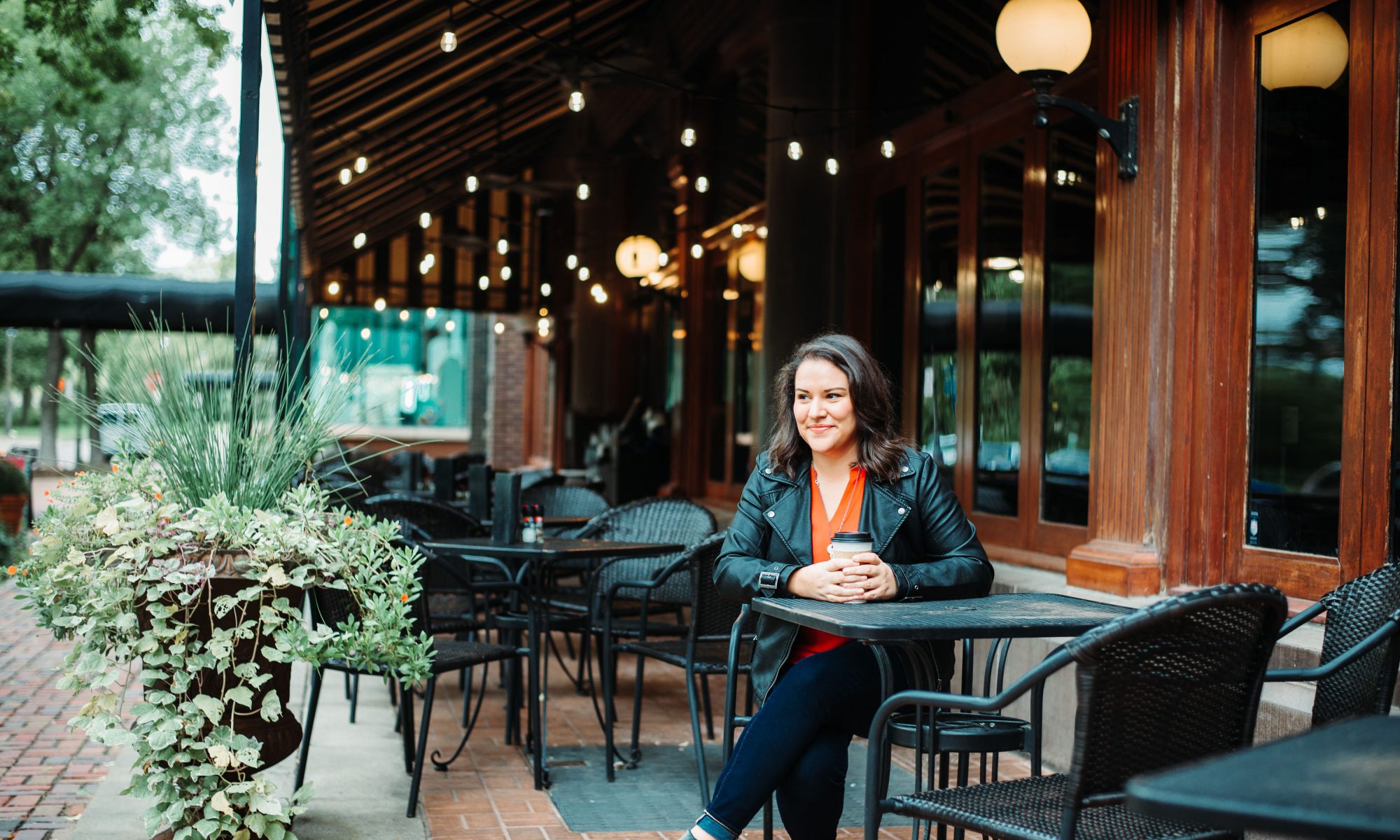
I’m Alicia.
I’m a writer, speaker, pastor, and spiritual formation guide living in Chicago.
I believe that we are all uniquely created in the image of the Divine to thrive.
I’m a bit of a spiritual nomad. I’ve spent most of my faith journey in one tradition that has lately felt a little too small for my expanding faith. So I’m exploring new(to me) traditions in search of a new home.
Welcome to my little corner of the internet. Here’s a little bit about what I’m hoping to build:
I’ve spent my career working in the local church setting as a pastor to Kids and Youth. After leaving a pastoral position in the church, I still felt really passionate that kids and youth needing programming that is created for them, with them in mind. My hope is to create a series of programming for kids and youth to explore and discover a faith that will grow with them.
I am currently working to create a program where youth have a space to explore the big topics of faith, life, and how to thrive in a crazy world. A place for them to bring their whole selves, with their questions, doubts, and opinions. I want this space to be a space
